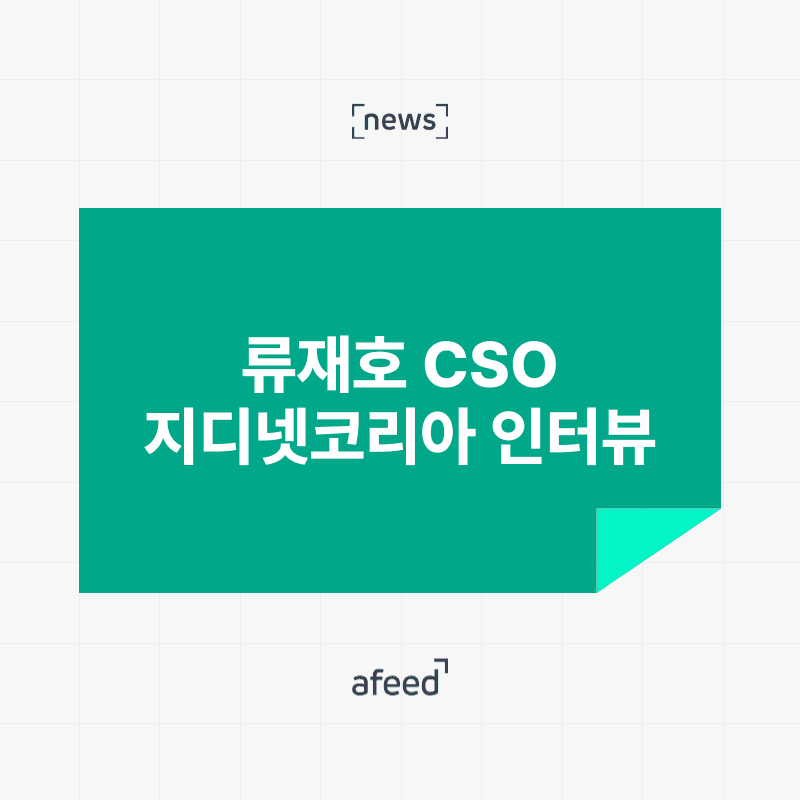"Recycling sorting robots, saving the environment and creating endless value"
We take the discarded recyclables to the sorting facility. There, workers directly separate profitable waste. Some facilities also handle magnets or wind devices but they are insufficient. Most of the waste that comes in by the tens of tons on the conveyor belt each day ends up going to the incineration plant.
There is a limit to increasing the number of workers for meticulous sorting. This is because cost efficiency must be considered. Therefore, recent attempts have been made to introduce robots to recycling sorting facilities, but this is also not easy.
"Recycling, a challenging task even for robots"
“Recycling sorting is a difficult task even for robots. Unlike manufacturing sites where the operating materials come in in a specified form, in recycling centers, the materials come in a disordered manner and there are many different types of plastics. The humidity is high, and there is also splashing of contaminants. If the sensors are covered, it can also disrupt the operation,” explained Ryu Jaeho, Chief Strategy Officer (CSO) of A Tech. A Tech is a startup that produces waste resource sorting robots called ‘Atron’. Atron is expensive equipment, with one unit costing over 200 million won, but it is being steadily introduced to recycling facilities nationwide. As of this month, 11 units have been installed.
Atron is equipped with lighting and camera sensors in the front recognition section and a delta robot in the rear sorting section. By taking pictures of the incoming piles of waste from the front and using those images, the robot analyzes the types of waste and uses a vacuum blower to grab them.
"Capable of classifying 44 types… twice as fast as humans"
The robot can classify waste into approximately 44 different types based on pre-learned data, taking into account factors such as color, usage, damage, etc. Recognized materials include polyethylene terephthalate (PET), polyethylene (PE), polypropylene (PP), polystyrene (PS), glass, and cans.
It is also quite fast. It can pick out 60-80 items per minute, which is roughly twice as fast as human work. The maximum payload (the maximum weight the robot can lift) is 4kg. Initially, the sorting work is focused on small waste items.
Mr. Ryu said, “Object recognition and analysis accuracy reach up to a maximum of 99.3% according to the test results,” and added, “The success rate of sorting compared to recognition is about 80% or more, but we are working on advanced processes to increase this to around 90%.”
He further mentioned, “There are limitations to obtaining sufficient waste images through web crawling, so there is the inconvenience of needing to collect them on-site,” and added, “As a result, it is difficult to follow if someone else has already established the technology.”
"High demand for automation… Will dominate a domestic market worth 1.4 trillion won"
In April last year, A-tech introduced Atron 1 at a company in H, Namdong-gu, Incheon. After additionally introducing it to company R in Namyang-ju this March, they are in the process of increasing supply. Currently, they have installed a total of 11 units in private and public recycling sorting facilities. In addition, they are in the process of negotiating contracts with various local governments and companies, including Songpa-gu, Seoul.
Mr. Ryu said, “As employment itself is difficult, we receive a lot of inquiries about whether unmanned operation is possible in various environments,” and mentioned, “In the future, we are also considering expanding into the construction waste market, which deals with wood and rebar.”
He went on to say, “Among the 3,000-plus spaces that handle household waste, about 800 large facilities have potential demand for automation,” and analyzed, “If we assume 7 units delivered to each location, the domestic market alone amounts to approximately 1.4 trillion won.”
Last month, Aetech raised 8.6 billion won in a Series A investment. Following the previous Pre-A round of 3.1 billion won, they have accumulated a total of 12.2 billion won in investment. Based on this investment, they plan to invest in the development of material analysis technology for further segmentation of waste sorting work and cost reduction.
They also plan to establish the nation's first robot resource recycling center in Seo-gu, Incheon. The robot resource recycling center includes concepts such as automating the entire process from the moment recyclable waste arrives to the production of PET flakes using robotic loading and unloading and a circular conveyor. The plan includes expanding the business model, such as producing high-purity recycled PET (r-PET) and PET flakes.
Mr. Ryu said, “Now, we plan to conduct trials with a dual model with two arms in Seoul,” and added, “We aim to select a lead manager for listing next year and target corporate public offering (IPO) in 2025.”
